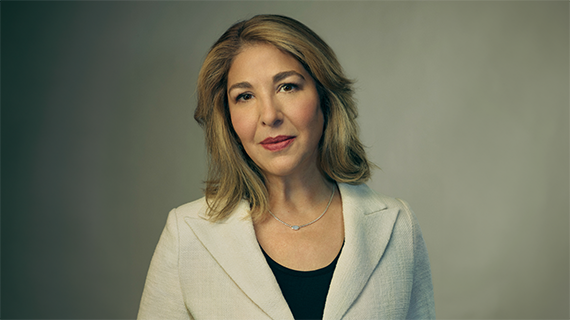

By Nick Lewis
It’s tough for temporary aid workers in developing countries to know if they’ve made an impact in their short time of service.
Ben Black can measure the difference he helped make over his three months in Swaziland: the NGO he worked for now has two new cars with which to conduct their work, and the people he helped now have a community garden to call their own.
“I figured if I was going to go halfway around the world, I better have something to show for it,” said the political science student.
Black, originally from Boulder, Colorado, signed up with UBC’s International Service Learning program last spring, saying he’d be willing to go anywhere. When he was offered a placement in Swaziland, whose people have the highest rates of HIV on the planet, he jumped on the chance to help.
Black was placed with an outreach program called the Swaziland National Network of People Living with HIV and AIDS, or SWANNEPHA. This NGO engages HIV support groups across the country and educates them on treatment literacy, nutrition, and even on how to run a small business.
For the first two weeks, Black thought he had an idea of how he could assist. That changed after he went to a candlelight vigil for people who had died of HIV over the past year.
“There was a man who gave a speech there who became the first person to publicly disclose his HIV status in Swaziland,” he recalls. “It was huge, because there is such a stigma there, there’s such a fear of being ostracized.
“His speech really indicted western aid workers, saying they often treat Swazis as no more than points of data on a spreadsheet. He thought it was terrible that aid workers were (earning a salary from organizations meant to help) people living with AIDS in Swaziland. I was really taken aback. I had just arrived with good intentions, and here was a guy telling me I might as well just pack up and go home.
“Then I realized he was justified in thinking that. How would it make you feel if the only time your country was referred to internationally was offhand in a paper about HIV? And how would you feel if you had foreigners coming to help with seemingly disposable income, and not affecting any change?”
From there, Black made a conscious effort on how he conducted himself over his remaining placement, and found that that was when he made the deepest impact.
“I tried to think realistically about the work the community and SWANEPPHA needed, rather than what I perceived their needs to be,” he says.
One in four Swazi males is affected by the HIV virus; for females, it’s one in three. The AIDS epidemic has so struck the sub-Saharan African country that life expectancy there is just 49 years – one of the lowest in the world.
“The breadth of the problem is immense,” Black says. “It’s passed from generation to generation, and has a lot to do with the cultural sexual practices of Swaziland. Polygamy is traditionally condoned, and there’s a lot of extramarital sex. And so it’s not something that’s appropriate for foreigners to address.”
Swaziland’s AIDS epidemic is exacerbated by a horrendous economy, and the global recession has meant much less incoming aid from first world countries over the past few years.
“We realized that over the first month, we had just focused on our challenges and how to work around them, and not focused on what we had going for us,” he says. “Our biggest asset was our human resources, the people around us. We wanted to develop a project that would require not much money to start up, one that could sustain itself, and one that could strengthen community ties.
“And so over our last two months, we focused on creating this community garden for HIV support groups.”
The garden, planted with indigenous fruit and vegetables, brought work and food for the unemployed. Black’s team at SWANNEPHA focused on creating ties with local shopkeepers who donated agricultural supplies and equipment, with the idea that these shops would be supported with business once the garden started generating money. It proved a success.
Black also worked with another volunteer to help make SWANNEPHA more mobile.
“We realized that there were only two cars to share between the main office and the four regional offices, which made it really hard for the offices to conduct themselves independently,” he says. “We wrote this proposal to get SWANNEPHA some cars. We thought it was a shot in the dark, but we were optimistic.”
The proposal didn’t get submitted until after he had left Swaziland, but Black heard soon after that cereal giant Kellogg had come through and donated two cars to the NGO.
“It was absolutely amazing that it worked out,” the 20-year-old says. “On a personal level, I feel really proud of my work contributing to that, but honestly, I’m more excited for what this means for SWANNEPHA and the work they can now accomplish.”
Having returned to his studies at UBC, Black says his experience in Swaziland is leading him to consider a career in public policy.
“I care for the people I was working with, and for the people I was working for,” he says. “The people living with HIV in Swaziland don’t want to be pitied. But if you have the ability to help, they would appreciate your help.”


